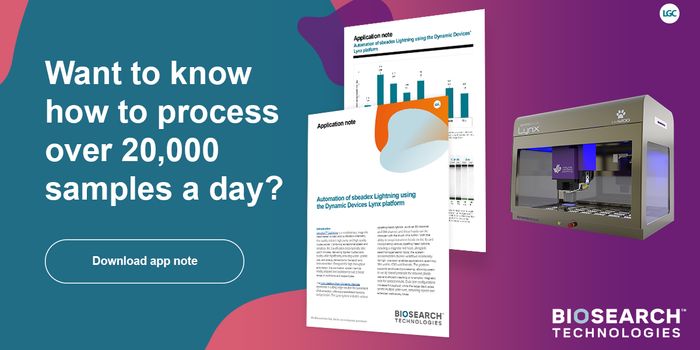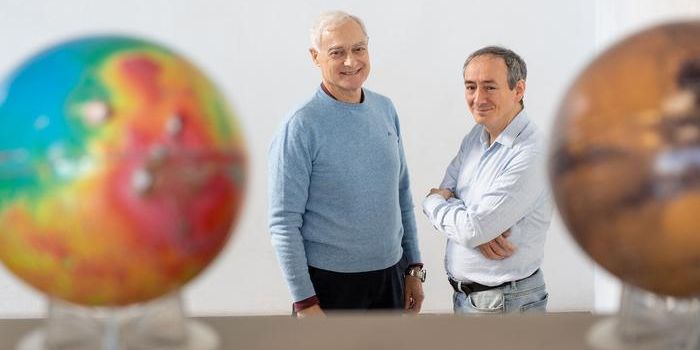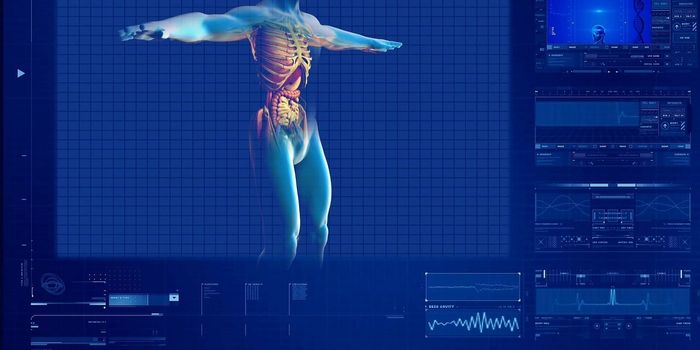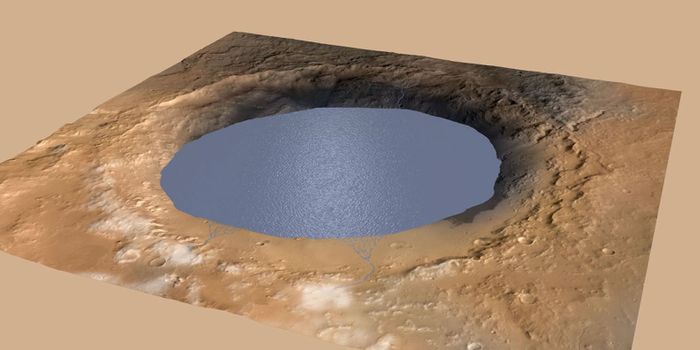Easy Dementia-Detecting System

Diagnosing dementia has been made via cognitive function tests such as Mini-Mental State Examination (MMSE) and medical imaging systems at hospitals. However, as the aging population increases so is the need for easy-to-use dementia detection tests. This is especially important since previous research studies have shown that diagnoses made by using neuropsychological questions lowered the performance in detecting dementia.
Now, a group of researchers from Osaka University and Nara Institute of Science and Technology have demonstrated the possibility of detecting dementia from conversations in human-agent interaction by utilizing algorithms for detecting signs of dementia at its early stages. Such method has been recognized as machine-learning: a machine that adapts to characteristics of sounds of elderly people who answered easy questions using avatars on a computer.
![]()
More specifically, the researchers created a dementia detection system using interactive computer avatars. They developed a model for machine learning that is based on features of speech, language, and faces derived from recorded dialogues with elderly participants. By using the machine learning method, a computer can differentiate between individuals with dementia from healthy participants by a rate of 90 percent in 6 questions (2-3 minutes per question). Combing characteristics of dementia retrieved from recorded data based on speech, language, and image features-- the research study found that dementia could be distinguished with high accuracy (about 92% accurate). The researchers were thus able to enable a computer to teach itself how to detect dementia.
Senior author Takashi Kudo says, "If this technology is further developed, it will become possible to know whether or not an elderly individual is in the early stages of dementia through conversation with computer avatars at home on a daily basis. It will encourage them to seek medical help, leading to early diagnosis."
Source: Osaka University, Journal of Translational Engineering in Health and Medicine








